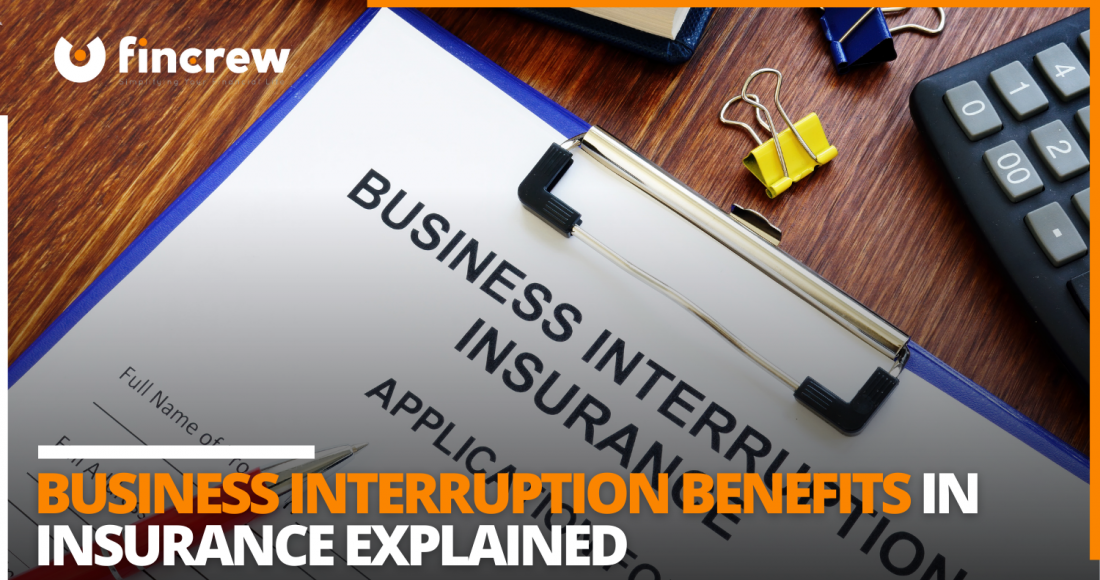Due to COVID-19, the economy and businesses have been affected unprecedentedly. Natural disasters that disrupt business operations and civil unrest in some cities are added. Therefore companies must understand how their insurance policies – including business interruption coverage – will respond to potential losses due to these trends.
What Is Business Interruption Benefits?
Business interruption insurance aims to reimburse businesses for lost income resulting from disasters. The policy protects the insured against losses of business income sustained when a covered peril results in direct physical damage, loss, or destruction of the insured property. Typical events include fires or natural disasters. However, there is no separate business interruption insurance policy. Instead, it is either included in a property/casualty policy or offered as an add-on or rider to comprehensive packages.
How Business Interruption Insurance Works
Insurance companies are only required to pay if an interruption of business results in a loss of business income. However, losses like this are subject to the policy limit or sub-limit. It applies to the specific location where a failure has occurred or the type of peril that caused it. In addition, it pays out only if the underlying policy already includes coverage for the loss of business income. The business’s past financial records determine the amount payable in most cases. It is the insurer’s responsibility to cover the loss during the period of restoration, which is often defined as the time required to replace, rebuild, or repair damaged or destroyed property. After an event causes physical damage, the restoration period begins. It ends when the damage is repaired or replaced within a reasonable time frame, and the location is made ready to work usually again. Restoration is generally limited to 30 days, but an endorsement may extend to 360 days. There may be a 48-72 hour waiting period in some cases. A business interruption endorsement will continue to cover the insured for the restoration period even after the expiration of the policy. It is covered as long as the insured’s physical loss occurs during the policy period.
Coverage Of Business Interruption Insurance
The following items are generally covered by business interruption insurance:
- Profits: A policy will reimburse you for profits you would have earned if the event had not occurred, based on your previous performance.
- Fixed costs are incurred expenses for doing business, such as operating expenses.
- Temporary location: Some insurance policies cover the costs of opening a temporary business location and operating from it.
- Commissions and training expenses: A company may need to replace machinery and retrain staff to use it following a business interruption. These expenses may be covered by business interruption insurance.
- Extra expenses: Business interruption insurance will reimburse reasonable expenses (over and above the fixed costs) to allow the company to continue operating while the company recovers.
- Ingress/egress of civil authorities: A business interruption event can affect the closure of a business’s premises, resulting in a financial loss. For example, forced closures resulting from government-issued curfews or street closures caused by a covered event.
- Wages: A business has to cover its employees’ salaries if it doesn’t want to lose them while shutting down. Business owners can make payroll while the business is closed.
- Taxes: Businesses are still subject to taxation, even when a disaster strikes. Tax coverage helps businesses avoid penalties for non-payment of taxes.
- Paying off Loan: Payments for loans are typically due every month. Even when a business isn’t generating income, business interruption can help make payments.





